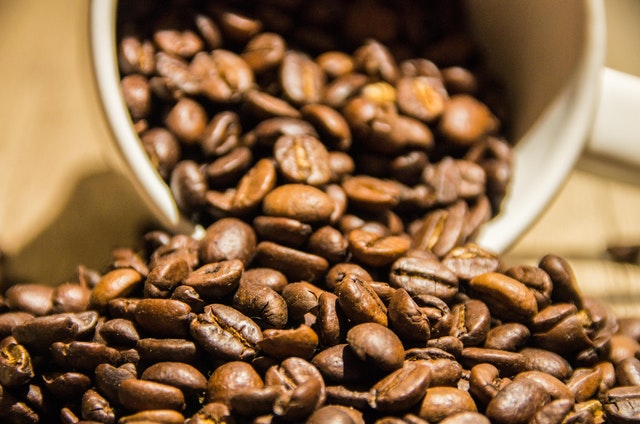You shouldn’t consume more than 300-400 mg of caffeine per day, according to a 2017 study published in the journal Food and Chemical Toxicology. To put it another way, 2-4 cups of coffee.
Having said that, everyone reacts to caffeine differently. A daily intake of 200 mg may be excessive for some people—it all depends on your individual body chemistry. But how can you know when you’ve had enough?
What is Caffeine?
Caffeine is a psychoactive stimulant that affects on the central nervous system and is present in coffee, tea, and cocoa. It impacts the cardiovascular and endocrine systems, raising heart rate and increasing stress hormones in addition to increasing alertness.
How can you know if you’ve had too much caffeine?
The following are some of the most common signs and symptoms of consuming too much caffeine:
- Dizziness
- Having a “wired” feeling
- Anxiety
- Thirst increases
- Urination on a regular basis
- Fast heartbeat
- Sweating
- Stomach ache
- Twitching of muscles
- Irregular heartbeat
- Blood pressure that is too high
More serious consequences, such as difficulty breathing, disorientation, fever, diarrhea, vomiting, and fainting, are possible. Hallucinations have been observed on rare instances.
Choosing the Right Dose
Some people are simply more sensitive than others, regardless of their age, weight, or caffeine source. In fact, a cup of coffee can make some people feel nervous, anxious, and disoriented. Recommended doses are, at best, broad guidelines that do not apply to everyone. You’ll have to experiment with different sources and gradually raise your intake until you attain the desired benefits to determine your perfect caffeine dose.
Drink Slowly
When it comes to stimulants, timing is crucial. To put it another way, drinking one cup of coffee every four hours is not the same as drinking one cup of coffee every 45 minutes. Caffeine lingers in your system for 4-6 hours, so drinking several glasses in a short period of time can have a compounding effect.
Take Into Account Your Body Weight
According to certain research, you shouldn’t drink more than 6 milligrams per kg of bodyweight. “[This amount] is not associated with negative effects of caffeine such as general toxicity, cardiovascular effects, effects on bone status and calcium balance (with adequate calcium consumption), changes in adult behavior, increased cancer incidence, and effects on male fertility,” according to one recent study.
Consider the Time of Day
It’s vital not to drink caffeine too late in the day because it can stay in your system for four to six hours. In fact, even one cup of coffee or tea consumed too close to bedtime may make it difficult to fall asleep.
“Caffeine taken 6 hours before bedtime has important disruptive effects on sleep,” according to a 2013 study published in The Journal of Clinical Sleep Medicine, “and provides empirical support for sleep hygiene recommendations to refrain from substantial caffeine use for a minimum of 6 hours prior to bedtime.”
It Should Be Consumed with Energizing Foods
It’s important to rely on healthy foods as your major energy source to help reduce the risk of caffeine overdose and optimize productivity. Caffeine might help you wake up quickly, but nutritious foods should be your basis.
Wild-caught salmon and sardines, for example, are high in revitalizing omega-3 fatty acids. Slow-burning energy, anti-inflammatory properties, and improved cognitive performance are all benefits of these healthy fats. Omega-3s can improve cognitive performance in young people, according to a 2014 study published in the journal Human Psychopharmacology. At the same time, a 2016 study discovered that omega-3 supplementation can help older persons improve their memory.
Other foods that may boost productivity include:
- Broccoli
- Beets
- Eggs
- Almonds
- Dark chocolate
Dark chocolate is caffeinated, but it’s also high in magnesium, a mineral that has been shown in tests to improve learning and memory while also lowering anxiety. Furthermore, chocolate contains very little caffeine and is unlikely to cause caffeine overdose.
Takeaway
Caffeine should be consumed according to the following guidelines:
- Drink no more than 2-4 cups of coffee every day.
- Drink tea instead of coffee if you still need extra caffeine.
- You should avoided it six hours before bedtime.
- Within a 4-6 hour period, don’t consume more than two caffeinated beverages.
- Use healthful food as your primary source of energy and caffeine as a boost.
- Excessive caffeine use might result in unpleasant side effects such as anxiety and confusion. Moderate coffee and tea consumption, on the other hand, can be an excellent approach to boost energy and productivity.










